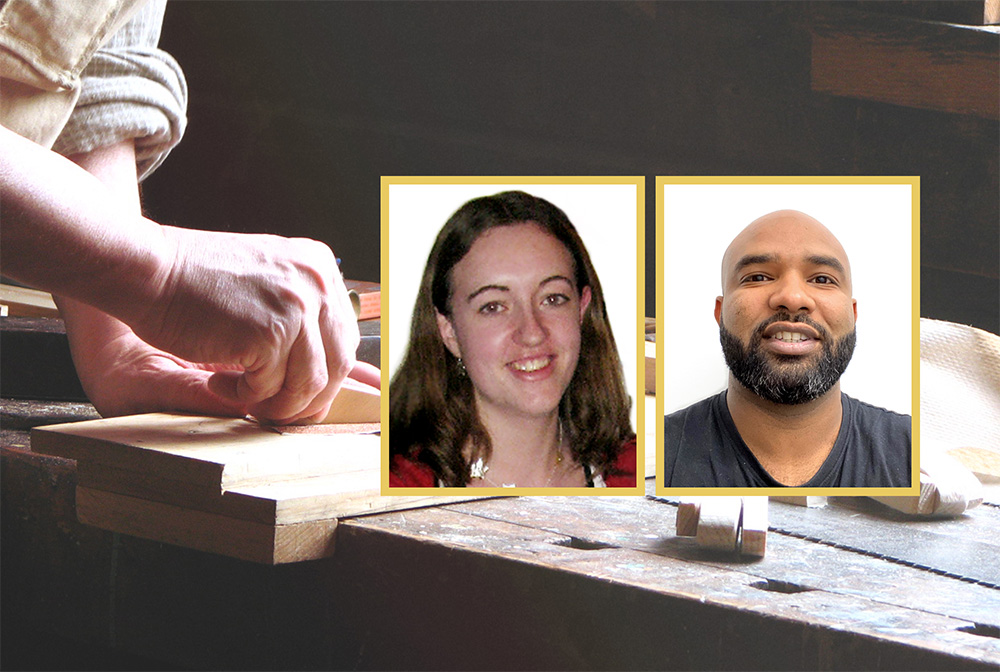Meet the SEADS Team
18/05/2021
18/05/2021

Dr Nicola Reeve is a statistician and computer scientist with advanced degrees from the Universities of Lincoln and Lancaster. Nicola is passionate about using her skills to benefit public health, and has carried out various significant real world studies to benefit society. Nicola is also a Fellow of the Royal Statistical Society. She likes reading, crochet, and blackwork embroidery in her spare time!
Mohammed Hussien is a data analyst with advanced degrees in data analytics and electronic engineering from the Universities of Portsmouth and Khartoum. Mohammed has worked in the telecommunications sector in the middle east, and today is focused on data science and machine learning in the UK. He likes football, dancing, travel and learning new things!
SEADS or the “Sustainable Employment Anonymous Descriptive Survey”
aims to help bring about employment – this is directly connected to building peace, helping reduce social unrest or violence, as well as crime.
SEADS is primarily a data collection exercise, involving as many different people as possible, from all backgrounds and all walks of life – including you!
The point of the survey is to evaluate how diverse influences make a difference to the level of success of a person’s career, and even try to understand whether the various influences have a compounding effect or not.
How do we define success?
Success is both what a person is paid as well as the long-term consistency or sustainability of their employment. Our data will be incorporated into a type of ‘multivariate analysis’, or a simple ‘AI system,’ to help untangle what assists in bringing about a particular level of success.
MapAid has done existing research on the key factors that contribute towards successful employment, at Reading University, as part of an MBA qualitative research thesis. The goal is to now understand, on average, how much the different factors contribute.
When we know this information, it will enable MapAid to work in areas where there is greater than normal deprivation and provide rich insights into the solutions needing to be mapped, so that policy makers and job development agencies can have a stronger basis for action in order to introduce solutions and reduce unemployment.
Join In. Please complete our anonymous survey here.